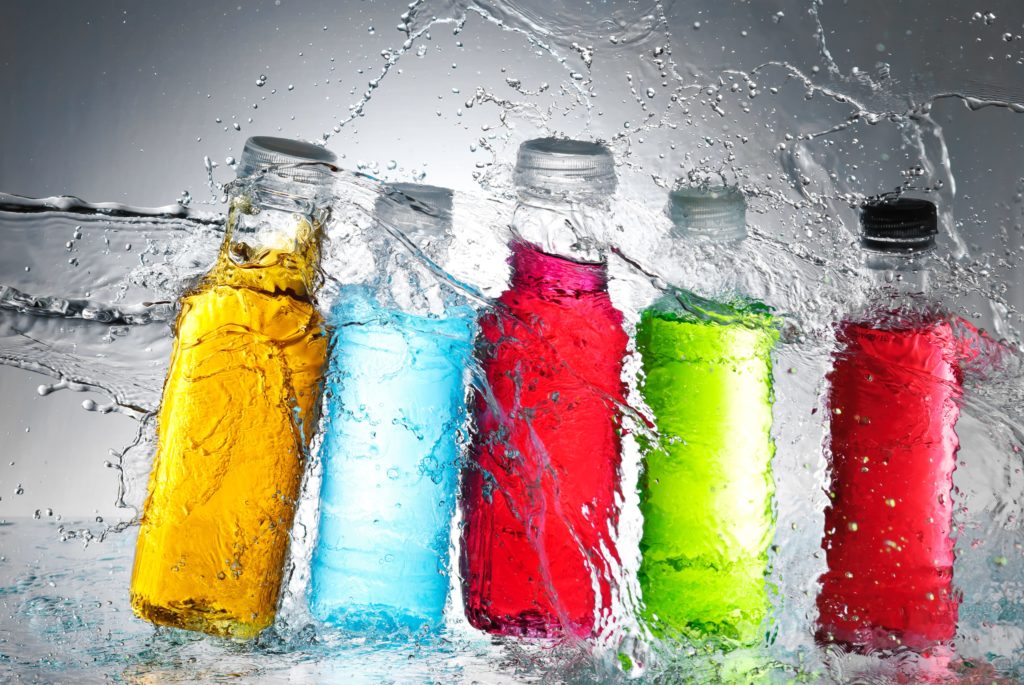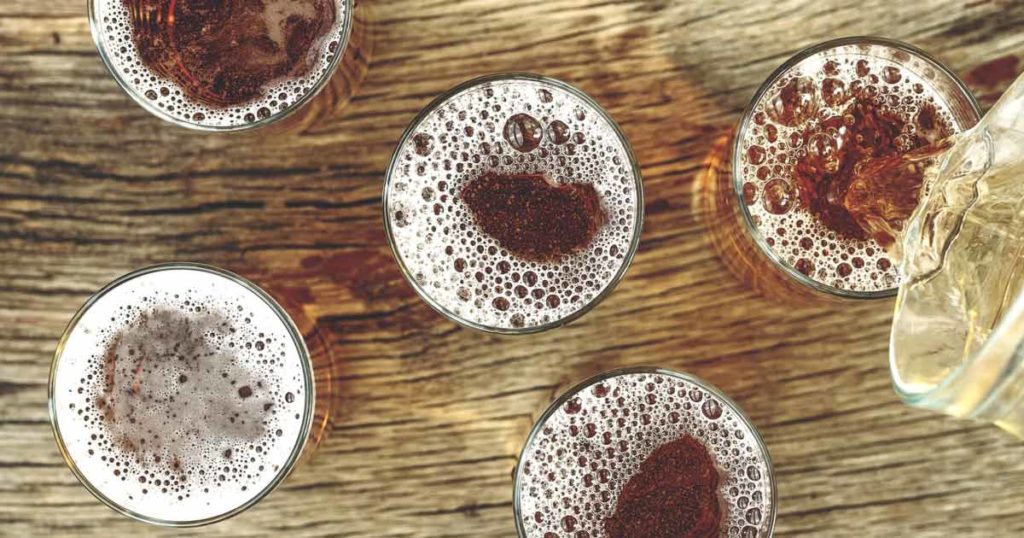The fact that there is a strong connection between alcohol consumption and sexual assault on college campuses is well established. But the question of how to address that connection is much more complicated and controversial, particularly when it comes to alcohol consumption on the part of sexual assault victims. There are two ways in which intoxication contributes to rape and other forms of sexual assault at colleges and universities. In many cases, the perpetrators of sexual assaults are under the influence of alcohol or other drugs. However, it is also common for victims of sexual assault to be under the influence, which may impair their ability to consent to or reject sexual activity, to avoid risky situations or to defend themselves from forced sexual advances. A 2010 study from the Brown University School of Public Health found that 15% of 483 first-year female undergraduates at an upstate New York university had been raped while incapacitated by drugs or alcohol. Many other studies have found that a large percentage of the students (mostly women) who suffer sexual assault had some quantity of alcohol in their systems at the time of the attack.
Focusing on the Victim
Alcohol abuse is a major problem on college campuses, and stamping out sexual assault is only one of many reasons that reducing alcohol consumption is a priority for many institutions of higher education. However, those who advocate advising students (again, particularly women) to drink less in order to reduce their risk of sexual assault have met with significant criticism from people who believe that this approach can be construed as victim-blaming. It is an unfortunate but common practice to focus attention on the victim in cases of sexual assault. Fingers are pointed at victims for things like dressing in a revealing manner, being out alone too late and even being on their phones and “not paying attention.” But the possibility that an assault might not have occurred had the victim’s behavior been different does not make it the victim’s fault, nor does it place the responsibility for behavioral change on the victim. By telling young college students to drink less in order to avoid sexual assault, many people worry that we will perpetuate the idea that victims are at least partially at fault for what happened to them. This idea is not simply unfair, but also counterproductive in the long term, because it teaches would-be perpetrators that they will not be held fully accountable for their deplorable actions, and that they are entitled to take advantage when potential victims leave themselves vulnerable in some way.
Invulnerability Just One of Many Risks
However, while dressing in a comparatively revealing manner does not carry any inherent risks (apart from exposure to sun or weather), the same cannot be said for alcohol. Most colleges and universities aim to reduce student drinking for a wide variety of health, safety and academic reasons, which puts some educators in the rather strange position of hoping that alcohol abuse prevention reduces sexual assault while still refraining from mentioning (or at least emphasizing) the sexual assault risk associated with alcohol use. Nevertheless, there are more than enough compelling reasons to target extreme binge drinking of the kind that leaves students vulnerable to incapacitated rape or assault. The risk of poisoning, serious injury and even brain damage that can result from drinking to the point of incapacitation is extremely high, and reducing this form of alcohol abuse on college campuses should be a point of universal consensus.






